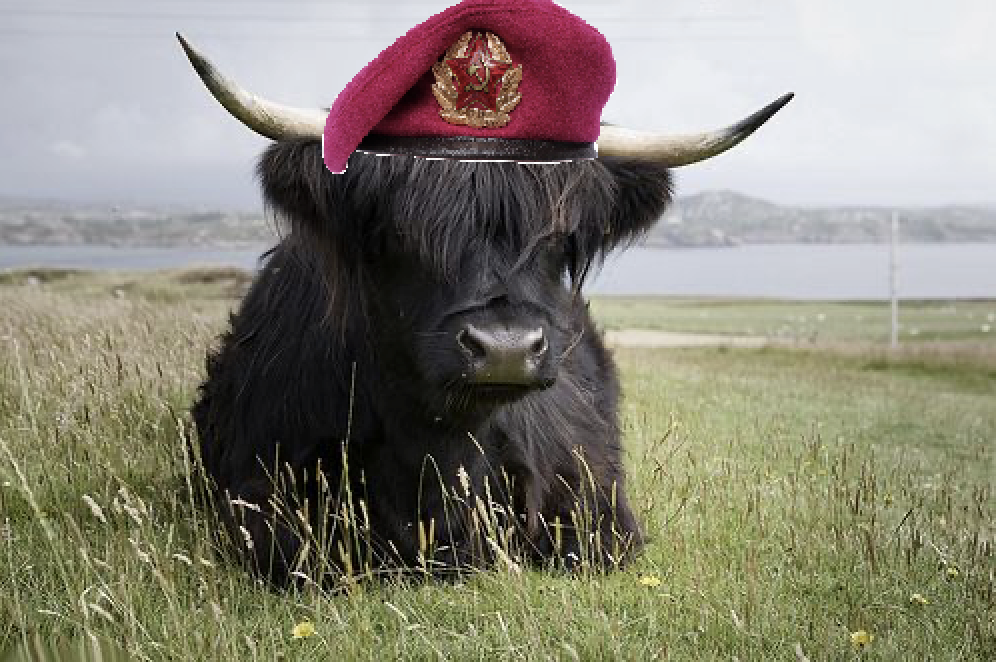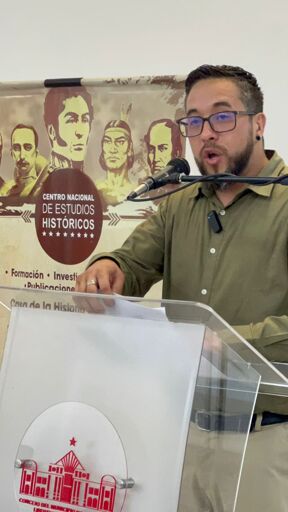Caracas, September 12, 2025.– In an emotional ceremony held this Friday at the House of Insurgent History in Caracas , the Permanent Commission on Education, Sports and Recreation of the Caracas Municipal Council was formally installed , chaired by Councilman Carlos Conde . The day was marked by a profound symbolic, cultural and political charge, reaffirming that education is the main weapon of struggle against the imperial threats that seek to subdue the homeland.
The event brought together council members, community leaders, and cultural groups in a clear commitment to citizen participation and addressing local needs.
The activity was attended by the president of the Bolivarian Municipal Council, Councilman Jorbert López, the vice president of the Bolivarian Municipal Council, Councilman José Reyes, the Municipal Secretary, Sandy Guzmán, Councilwoman Victoria Londoño, President of the Permanent Commission on Ecosocialism and Tourism, and other councilors, who highlighted the commitment to improve education, sports, and recreation, and to promote sustainable policies that benefit the families of the municipality. We had the participation of Professor Antonieta de Stefano as a keynote speaker.
The event began with a cultural performance of the Necessary Song , featuring the vocal ensemble “Black Presence in America,” led by Professor Thania Ortegano Rodríguez, accompanied by songs in the Kariña language , in homage to the Toromaima legacy that constitutes the original roots of Caracas. This gesture not only honored the ancestral memory of the Indigenous peoples who resisted colonization, but also recalled the relevance of the struggle for the decolonization of our identity and our pedagogical practices.
Liberating and decolonial pedagogy
In his speech, Councilman Carlos Conde emphasized that the Commission will work from a perspective of liberatory pedagogy , inspired by the contributions of Paulo Freire, Simón Rodríguez, and Hugo Chávez. He emphasized that education cannot be viewed as a simple process of transmitting content, but rather as a space for emancipation and the construction of critical consciousness.
“ Our task is to build an education that liberates, that awakens consciousness, and that forms new men and women, capable of confronting the chains of cultural colonialism and neoliberal capitalism ,” Conde stated. In this regard, he emphasized that decolonial pedagogy will be the Commission’s guiding principle, as it seeks to break with the paradigms imposed by elites in the global north and recover the voices of historically silenced peoples.
Education as a weapon against imperialism
Conde was emphatic in stating that education is the most powerful weapon Venezuela has to defeat imperialism . He noted that the political, economic, and military aggressions the country faces not only seek to control its resources, but also to impose a cultural and educational model that serves the interests of transnational capital.
“When a people educate themselves from their roots, from their historical memory, and from their insurgent identity, no empire will be able to subdue them,” he stated. In this regard, the Commission committed to promoting municipal policies aimed at strengthening cognitive sovereignty, defending patriotic values, and developing a critical citizenry committed to social transformation.
Sport and recreation for life
The event also highlighted the importance of sports and recreation as fundamental pillars in the education of new generations. Conde noted that these areas should be understood as social rights, not commodities. “Sports and recreation are not privileges; they are part of integral human development and constitute spaces of resistance against the anti-values of individualism and consumerism imposed on us by cultural imperialism,” he said.
The creation of municipal programs that link sports practice with liberating education was proposed, thus strengthening community organization, collective discipline, and the overall health of the people of Caracas.
Insurgent Caracas, an educational city
The choice of the House of Insurgent History as the venue for this installation was no coincidence. It is a space steeped in memory and symbolism, from which a rebellious, Indigenous, mestizo, and popular Caracas is reclaimed. There, Conde emphasized that the capital must embrace itself as an insurgent, educational city , capable of teaching the spirit of resistance to colonialism and external aggression through its streets, murals, plazas, and communities.
The Toromaima legacy was placed at the center of the reflection, recalling that Caracas was not born with the colony, but rather has much older and more dignified roots. Recovering those roots, according to Conde, is also part of the pedagogical battle against imperialism.
Commitment to the people
Finally, the Commission president emphasized that this legislative space will be a tool at the service of the people , to legislate, promote, and support initiatives that strengthen public education, community sports, and popular recreation.
“We are here to legislate with the people, not for the people. Education, sports, and recreation must be levers for social transformation, not instruments of domination. From Caracas, we tell the world that there will be no sanctions or blockades that will make us retreat on this path of independence and dignity,” Conde concluded, amid applause from representatives of communities, cultural movements, and student organizations.
The establishment of the Education, Sports, and Recreation Commission of the Caracas City Council represents a firm step in the consolidation of a liberating, decolonial, and anti-imperialist pedagogy . In times of external threat and aggression, the capital city stands as a cultural and educational trench, confirming that independence is not only defended at its borders, but also in classrooms, stadiums, fields, and every space where people learn, play, and create.


